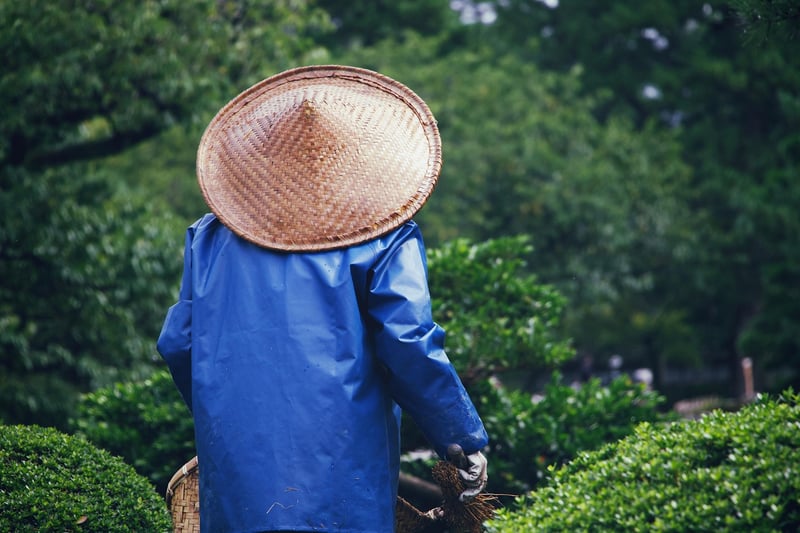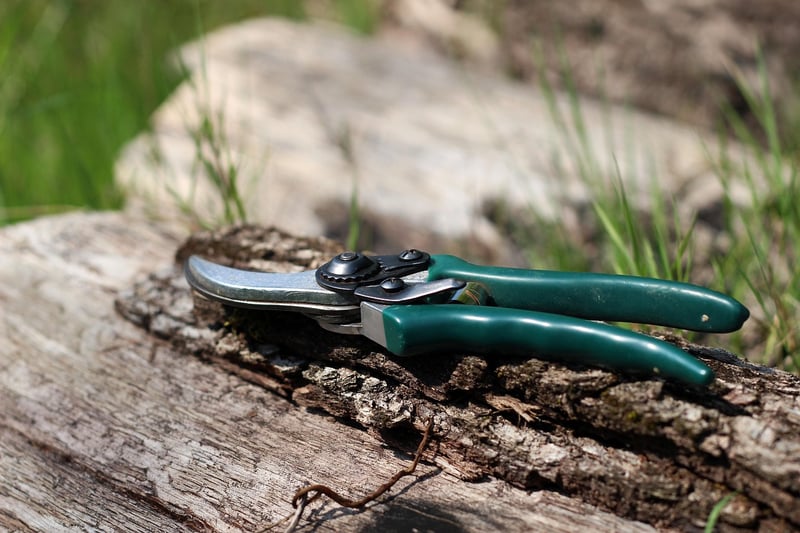Pruning Techniques
Essential Plant Care and Maintenance Guide with Pruning Techniques
Introduction
Proper plant care and maintenance, including pruning, are essential for ensuring the health and vitality of your plants. Whether you are a seasoned gardener or just starting with your green thumb, this guide will provide you with valuable insights and techniques to help your plants thrive.
1. Watering
Watering is crucial for plant growth. Different plants have varying water requirements, so it's important to research and understand the specific needs of each plant in your garden. Overwatering can lead to root rot, while underwatering can cause wilting and stunted growth.
2. Sunlight
Plants need sunlight to photosynthesize and grow. Ensure your plants are placed in locations where they can receive adequate sunlight based on their specific light requirements. Some plants thrive in full sun, while others prefer partial shade.
3. Soil and Fertilization
Good quality soil provides essential nutrients for plant growth. Fertilize your plants regularly with appropriate fertilizers to promote healthy growth. Consider using organic fertilizers for sustainable gardening practices.
4. Pruning Techniques
Pruning is the process of selectively removing parts of a plant to improve its structure, health, or appearance. Proper pruning techniques can stimulate growth, remove dead or diseased branches, and shape the plant according to your desired aesthetic.
Types of Pruning
- Deadheading: Removing dead or faded flowers to encourage new growth.
- Thinning: Removing excess branches to improve air circulation and light penetration.
- Shaping: Trimming to maintain the desired shape of the plant.
- Heading back: Cutting back to promote new growth from the base of the plant.
Pruning Tips
- Use sharp and clean pruning tools to make precise cuts and prevent the spread of diseases.
- Prune during the plant's dormant season to minimize stress on the plant.
- Remove crossing or rubbing branches to prevent damage and promote healthy growth.
Conclusion
By following these plant care and maintenance guidelines, along with mastering the art of pruning, you can create a thriving garden filled with healthy and vibrant plants. Remember to observe your plants regularly, adjust your care routine as needed, and enjoy the beauty of your green oasis.

